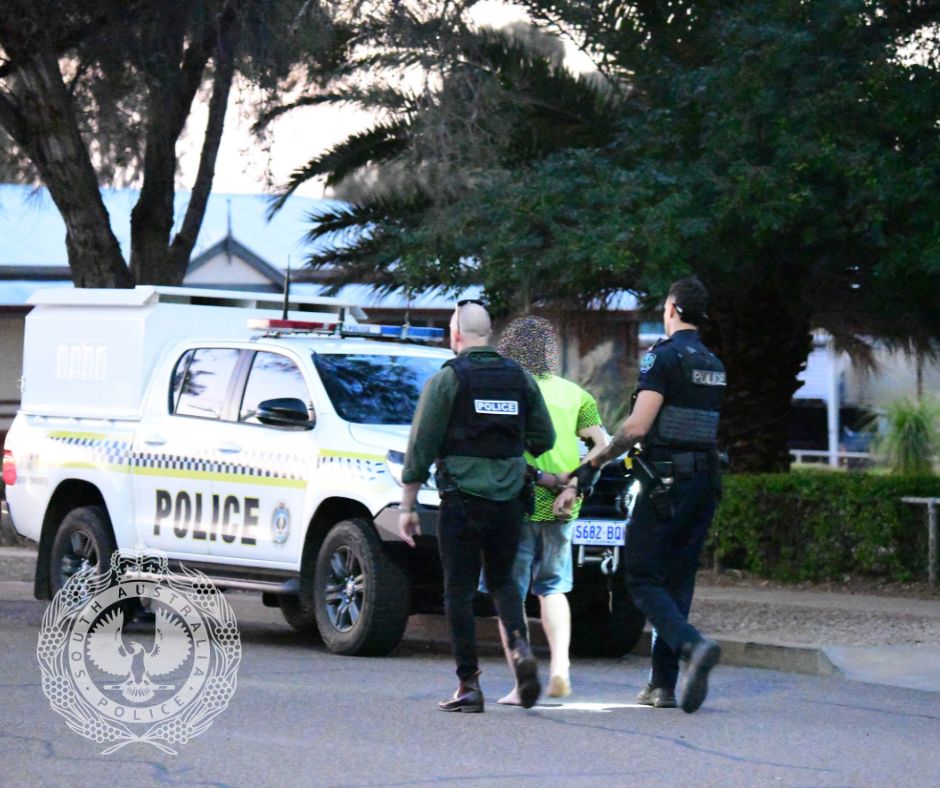, acclaimed singer songwriter, guitarist, didgeridoo player, and pioneer of contemporary Indigenous music, will deliver the .
‘Sing for the Black – From the Act to Treaty’ will feature Joe performing eight of his songs for the Oration, which is hosted by the Carumba Institute on Thursday September 12 at the QUT Gardens Theatre.
Following Joe’s performance, Carumba Institute executive director Professor Chelsea Watego will moderate a panel discussion exploring core elements of the songs to canvass the relationship between Indigenous people and the state with a particular emphasis on the Queensland experience.

Panellists will also examine the crossroads in which the current Queensland Treaty process sits, placing it in its historical and political context, from the Protection Act and the Director of Native Affairs Office to the Voice referendum.
“In exploring a past of oppressive colonial control alongside an enduring Indigenous resistance in Queensland, the panel will explore the possibilities for race-relations across the nation into the future,” Professor Watego said.
Joe, who is also an acclaimed visual artist, is studying for his PhD at QUT with the School of Creative Arts about his journey as an Indigenous musician and songwriter.
He first came to prominence as a member of the influential band Australian reggae band No Fixed Address. He was also a founding member of the Black Arm Band with Ruby Hunter and Archie Roach and now pursues a solo career as the Joe Geia Band.

“Uncle Joe Geia’s contribution to the arts is highly significant and enduring. As the writer of iconic songs such as Yil Lull and Uncle Willie he remains an active recording and performing artist. The showcasing of his iconic songs is demonstrative of the vibrancy and vitality of Indigenous knowledges and theorising today” Professor Watego said.
“The audience can expect to travel on an important historical journey across Queensland through song, archival imagery and a critical conversation with an esteemed panel of Indigenous thought leaders (Uncle Graham Brady, Aunty Cheryl Buchanan and Uncle Phillip Mills) which showcases the power, joy and possibilities of Black knowing in transforming the social world for the better.
“We celebrate Joe’s 40 years in the music industry as an Indigenous activist songwriter and performer and his work as a scholar.”
Joe Geia was born in 1959 in Ingham, Queensland. His father, Albert Geia, was a cane cutter and Indigenous elder, who was one of the seven leaders of the Palm Island strike of 1957, a bid for fair wages which resulted in him, along with the other leaders, being banned from the island.
Combining music with storytelling, archival footage and his own visual artwork, Joe tells the stories of strong Elders and leaders, including his father, and the fight for justice that continues.
Interwoven stories of resistance and transformation recount the harshness of living under “The Act”, the origins of the Brisbane Blacks movement, and the beginning of Murri Radio.
“The oration is a tribute to our Elders and their contributions intellectually, politically and culturally in the struggle for justice,” Professor Watego said.
“It is a journey through history through Black music, engaging, educational and thought provoking. In the aftermath of the national referendum where the Voice was rejected, the Meanjin Oration brings to the fore Indigenous knowledges through song offering a way forward for a more just future.”
The 2024 Meanjin Oration is on from 4pm for a 5pm start on Thursday September 12 in QUT Gardens Theatre, X Block, Gardens Point Precinct. Book tickets and register .
Main image: Uncle Joe Geia








